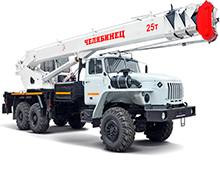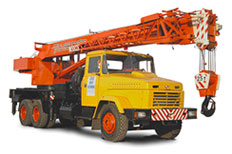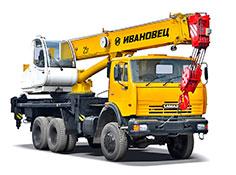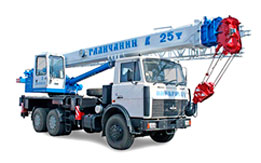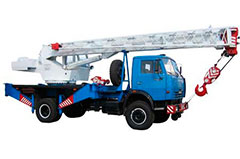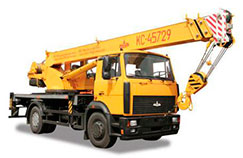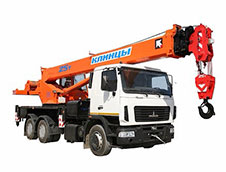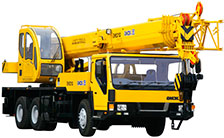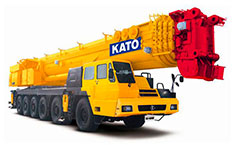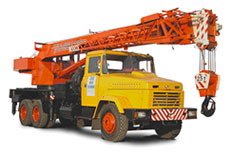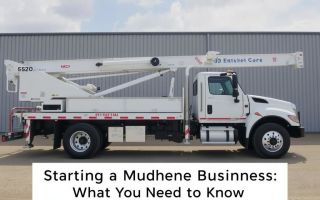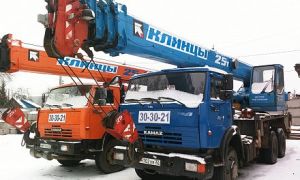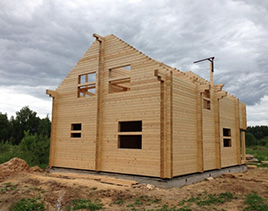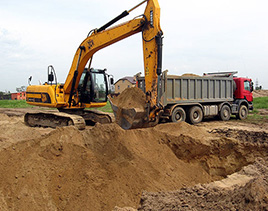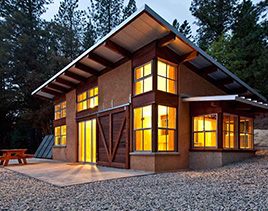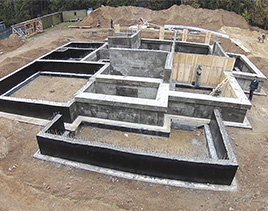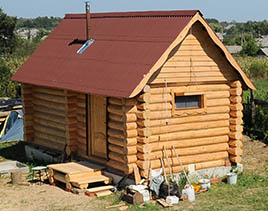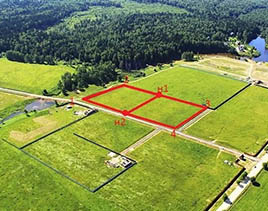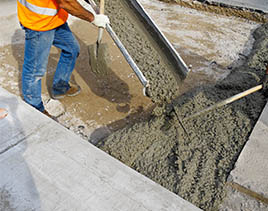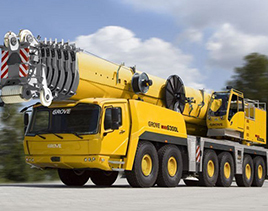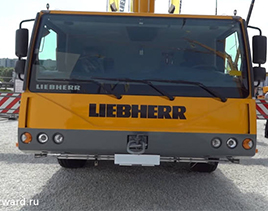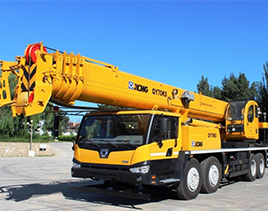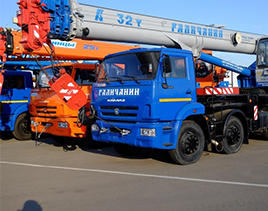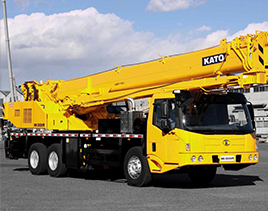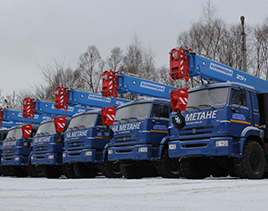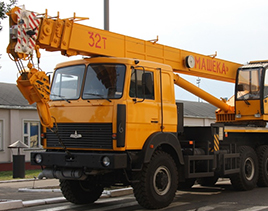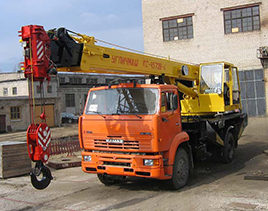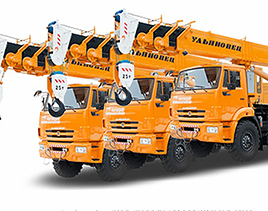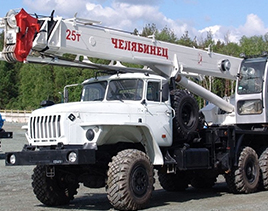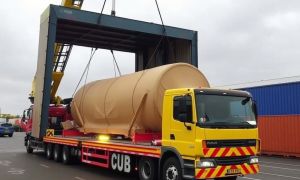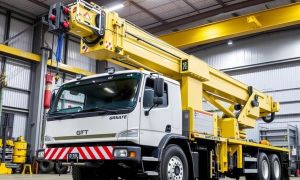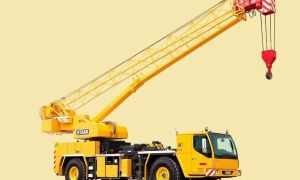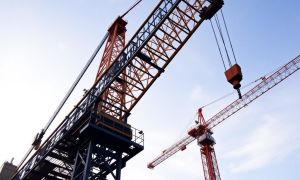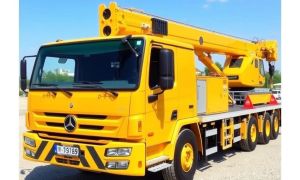Starting a mobile crane business is an exciting venture that offers tremendous potential for growth and profitability. With the construction industry booming in many regions and infrastructure projects expanding worldwide, there is a steady demand for mobile crane services. However, embarking on this journey requires careful planning, understanding of the industry, and practical knowledge about running a successful business. Whether you are an entrepreneur with a passion for heavy equipment or someone looking to expand your existing construction offerings, this comprehensive guide will walk you through everything you need to know when starting a mobile crane business.
Fast-moving construction projects, deliveries of large equipment, and the need for lifting heavy materials make mobile cranes indispensable. They offer flexibility, mobility, and efficiency, which fixed crane setups often cannot match. This article will cover all aspects, from market research, licensing, and equipment selection, to marketing strategies and operational tips. By the end, you’ll gain a clear picture of how to launch your mobile crane business confidently and sustainably.
Understanding the Mobile Crane Industry
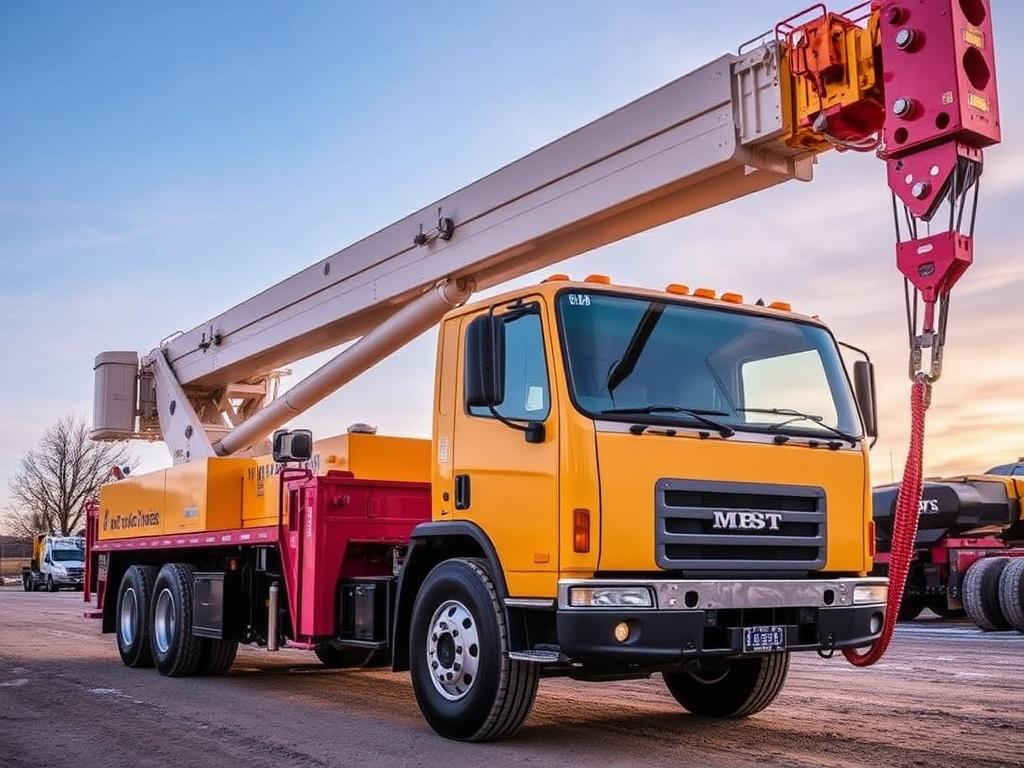
Before diving into the nitty-gritty of starting your mobile crane business, it’s essential to understand the industry you are entering. Mobile cranes are a type of heavy equipment that can move around easily on the site or between sites. They differ from tower cranes or fixed cranes in that they can travel on roads and provide versatile lifting for a wide range of projects.
The mobile crane industry caters mainly to construction companies, manufacturing plants, transportation firms, and even government projects. These cranes are used for building skyscrapers, bridges, roads, wind turbines, and many more applications where heavy or bulky materials need lifting or moving.
Key characteristics of the mobile crane market include:
- High entry cost due to expensive equipment
- Strong competition but with niches to explore
- Dependence on construction project cycles
- Regulatory and safety compliance requirements
- Increasing demand for versatile mobile lifting solutions
Conducting detailed market research to uncover opportunities in your area is a vital first step. Look into the demand for mobile crane services nearby, identify potential customers, and study your competitors to find gaps or unique selling points that will set your business apart.
Essential Licensing and Regulatory Requirements
One of the critical things you need to know when starting a mobile crane business is the legal landscape. Because cranes are heavy machinery with high risks, government and local authorities impose strict licenses and regulations on their operation.
Some essential licensing and permits you will likely need include:
| License/Permit | Purpose | Notes |
|---|---|---|
| Business License | Legal authorization to operate your business | Apply to your city or county government |
| Commercial Vehicle Registration | Register cranes as commercial vehicles for road use | Ensure compliance with weight and safety standards |
| Crane Operator Certification | Certify operators meet safety and skill requirements | Typically involves passing tests recognized by OSHA or equivalent |
| Safety Inspection Permits | Regular inspections to ensure crane safety and maintenance | May be required quarterly or annually |
| Environmental Compliance | Ensure operations comply with environmental regulations | Noise, emissions, and waste discharge controls |
It’s worth investing time and resources early on to understand and meet these regulatory requirements. Non-compliance can result in severe fines, business shutdowns, or unsafe work conditions.
Choosing the Right Equipment for Your Mobile Crane Business
Selecting the right cranes and equipment is one of the most critical decisions you’ll make. Mobile cranes come in different types and capacities, each suited to different jobs.
Here are the main types of mobile cranes you might consider:
- Truck-Mounted Cranes: Cranes mounted on trucks that can move on highways and are suitable for quick jobs.
- Crawler Cranes: Cranes mounted on tracks for stability on soft ground, appropriate for heavy lifting but less mobile on roads.
- All-Terrain Cranes: Combines road travel capabilities with off-road performance, providing versatility for varied sites.
- Rough Terrain Cranes: Designed for off-road use, ideal for construction sites with uneven surfaces.
Factors to consider when choosing your equipment:
| Criterion | What to Look For |
|---|---|
| Lifting Capacity | Choose cranes that meet the typical job lifting requirements but also allow for growth. |
| Mobility | Consider whether you need cranes that can operate on highways and off-road sites. |
| Maintenance and Repair | Opt for brands and models with readily available service and parts. |
| Purchase or Lease | Evaluate cost-effectiveness and flexibility of buying new, used, or leasing equipment. |
| Technology | Some cranes come with modern control and safety features that improve efficiency and operator comfort. |
Starting with one or two cranes that can cover most client needs is often a smart strategy. As your reputation and business grow, you can diversify your fleet with different types to serve broader projects.
Where to Find Reliable Equipment
Finding dependable mobile crane equipment can be as simple as working with authorized dealers or exploring used equipment auctions. You can also consider rentals to manage cash flow in your startup phase while testing market demand.
Reliable sources include:
- Authorized manufacturers and dealers (e.g., Liebherr, Terex, Grove)
- Used heavy equipment dealers
- Online marketplaces specialized in construction equipment
- Local auctions and government surplus sales
It’s essential to inspect used cranes thoroughly and confirm maintenance histories before purchasing to avoid costly breakdowns later on.
Building a Skilled Team: Operators, Mechanics, and Support Staff
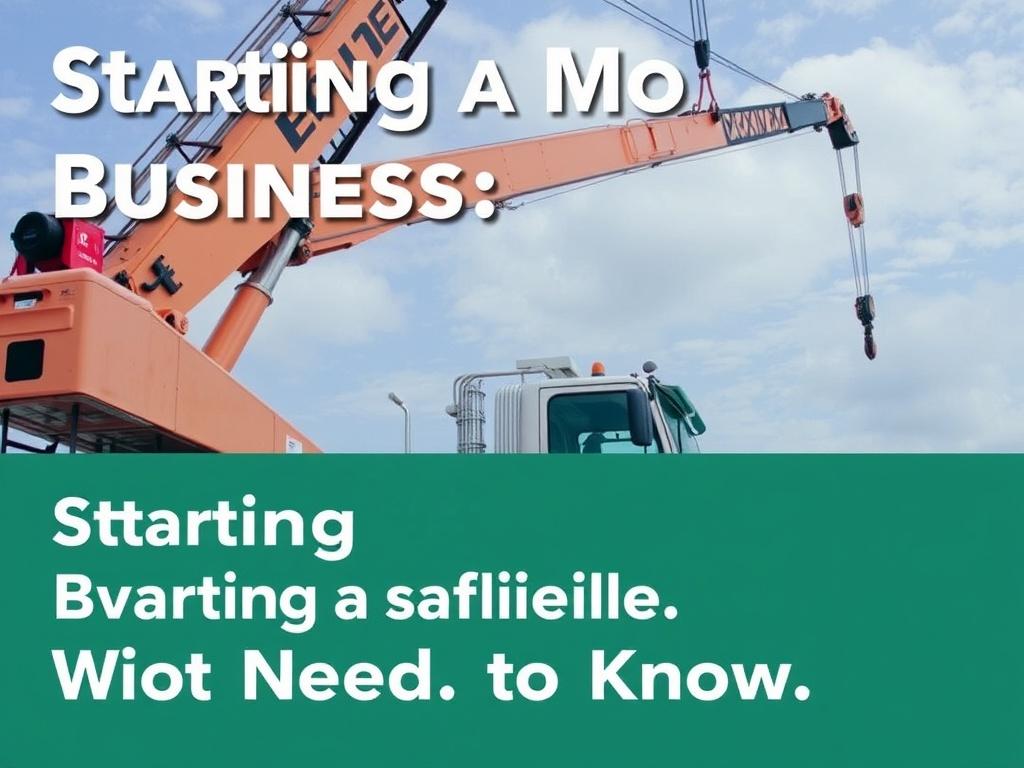
Your business’s success will depend not only on your cranes but also on the people operating and maintaining them. Skilled and certified crane operators are a must, as is a maintenance team to keep the equipment in peak condition.
Key roles to build your team include:
- Crane Operators: Certified professionals trained on specific crane types and safety procedures.
- Maintenance Technicians: Mechanics specialized in heavy machinery repairs and preventive maintenance.
- Sales & Customer Service: People who engage with clients, schedule jobs, and handle contracts.
- Safety Officer: Oversees compliance with safety standards and training.
- Administrative Staff: Handle accounting, invoicing, permits, and payroll.
Investing in training and certifications for your staff is essential to meet industry safety standards and build credibility with clients.
Training and Certification Programs
To comply with regulations and ensure safe operations, operators and maintenance personnel must hold relevant certifications. Accredited training centers offer courses that cover crane operation skills, safety protocols, and emergency procedures.
Examples include:
- OSHA Crane Operator Certification
- National Commission for the Certification of Crane Operators (NCCCO)
- Equipment manufacturer-specific training programs
By encouraging continuous learning, you build resilience into your business with a competent and motivated workforce.
Creating a Business Plan for Your Mobile Crane Business
Every successful business begins with a solid plan. For a mobile crane business, this plan should cover the market overview, funding needs, marketing strategy, and operational details.
A clear and detailed business plan can help you:
- Identify your target market and customer segments
- Outline your startup costs and ongoing expenses
- Project revenue and profitability timelines
- Plan equipment purchase and fleet expansion phases
- Prepare for challenges such as seasonality or economic downturns
Here’s a simple outline to get you started:
| Section | Key Points to Cover |
|---|---|
| Executive Summary | Brief overview of your business idea, mission, and vision |
| Market Analysis | Study of local construction trends, competitors, and client needs |
| Operations Plan | Details about equipment, facilities, and workforce |
| Marketing Strategy | How you will attract and retain clients |
| Financial Plan | Budget, cash flow projections, funding sources, and break-even analysis |
This plan is not just a document for investors but a roadmap that will guide your business decisions and help you stay on track.
Funding Your Mobile Crane Business
Due to high startup costs, securing adequate funding can be one of the biggest challenges. Mobile cranes are expensive machines, and other costs like licensing, insurance, and staffing add up quickly.
Common funding avenues include:
- Traditional Bank Loans: Require a solid business plan and collateral but offer low-interest rates.
- Equipment Leasing and Financing: Allows you to acquire cranes without large upfront payments.
- Small Business Grants: Some government programs support small businesses in construction and heavy equipment sectors.
- Private Investors or Partners: Bringing in stakeholders who can provide cash or expertise.
Remember that careful budgeting for unexpected expenses, like repairs or downtime, is crucial. Overestimating your cash flow needs rather than underestimating can help safeguard your new venture.
Insurance and Risk Management
Operating mobile cranes means significant risk exposure, from equipment damage to onsite accidents. Comprehensive insurance coverage protects your assets, employees, and business reputation.
Key insurance policies to consider:
- General Liability Insurance
- Equipment and Property Insurance
- Workers’ Compensation
- Commercial Auto Insurance for truck-mounted cranes
- Professional Liability Insurance (for contracts and consulting)
Consulting an insurance specialist familiar with construction businesses can help tailor the best coverage options for your needs.
Marketing Your Mobile Crane Business Effectively
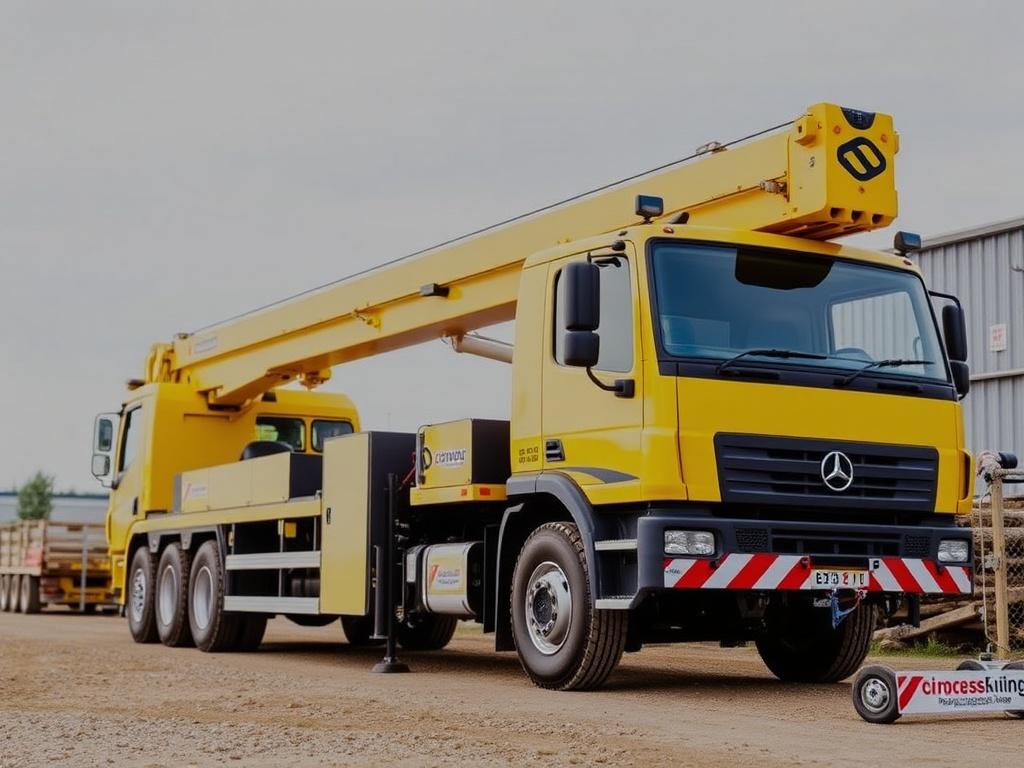
Even the best equipment and skilled team won’t guarantee success without a strong marketing strategy. Building visibility and trust with potential clients will drive consistent business.
Effective marketing tactics include:
- Creating a Professional Website: Showcase your fleet, services, client testimonials, and contact info.
- SEO and Local Search: Optimize for local keywords like “mobile crane services near me” to attract regional clients.
- Networking with Construction Firms: Build relationships at industry events, trade shows, or online forums.
- Social Media Marketing: Use platforms like LinkedIn, Facebook, and Instagram to share project photos, tips, and updates.
- Direct Outreach: Cold calls, emails, and visits to potential customers emphasizing your reliability and pricing.
Your reputation will be your strongest asset in this highly competitive sector. Providing excellent service, maintaining safety, and meeting deadlines will lead to positive word-of-mouth referrals.
Pricing Your Mobile Crane Services
Pricing can be tricky because rates vary based on crane type, lifting capacity, project duration, and location. To remain competitive yet profitable, you must understand the market rates and your cost structure.
Common pricing models include:
- Hourly rates based on crane type and operator cost
- Daily or project-based flat fees
- Including additional charges for fuel, permits, or travel time
Here’s an example of average rental rates for mobile cranes in USD (these figures vary widely by region and crane specs):
| Crane Type | Hourly Rate | Daily Rate |
|---|---|---|
| Truck-Mounted Crane | $150 – $250 | $1,200 – $2,000 |
| Crawler Crane | $200 – $350 | $1,500 – $3,000 |
| All-Terrain Crane | $180 – $300 | $1,300 – $2,500 |
Regularly reviewing your pricing and adjusting for fuel costs, equipment aging, or increasing labor expenses will help maintain your profitability.
Operational Tips for Running a Mobile Crane Business
Once you have your equipment and team lined up and your clients coming in, day-to-day operations become critical to your long-term success.
Important operational tips include:
- Scheduling and Dispatching: Use software tools to optimize job assignments and crane utilization.
- Maintenance: Set preventive maintenance schedules to minimize breakdowns and downtime.
- Safety First: Conduct daily safety briefings, keep records, and ensure compliance with OSHA or local standards.
- Customer Communication: Keep clients informed throughout the project to build trust and repeat business.
- Track Financials: Monitor cash flow, invoices, expenses, and profits regularly.
Efficiency is key. With tight construction schedules, your ability to deliver crane services on time can set you apart from competitors.
Technology and Innovation in Mobile Crane Business
Technology is reshaping the mobile crane industry. Advanced crane control systems, GPS fleet tracking, telematics, and safety sensors can boost operational efficiency and safety.
Some innovations to explore include:
- Remote crane monitoring to track usage and maintenance needs
- Automated load charts for precise lifting calculations
- Safety cameras and proximity sensors to avoid collisions
- Fleet management software to schedule jobs and optimize routes
Adopting technology can improve your business bottom line and create a reputation for professionalism and innovation.
Conclusion
Starting a mobile crane business is a challenging but rewarding path. Success depends on a solid understanding of the market, careful planning, investing in the right equipment, building a skilled team, and running operations with an unwavering commitment to safety and customer satisfaction. While the initial investment is substantial and the learning curve steep, the growing demand for versatile lifting solutions offers many opportunities for entrepreneurs who approach the business strategically. With thorough research, a clear business plan, compliance with regulations, and smart marketing, your mobile crane business can rise above competition and deliver lasting value to your clients and community.

